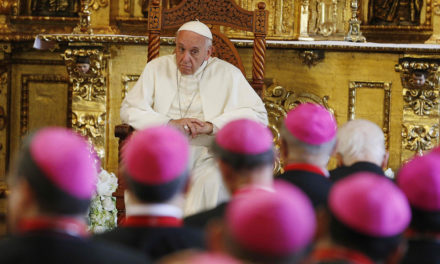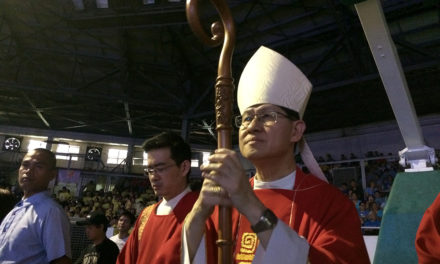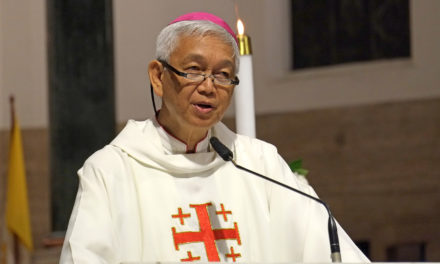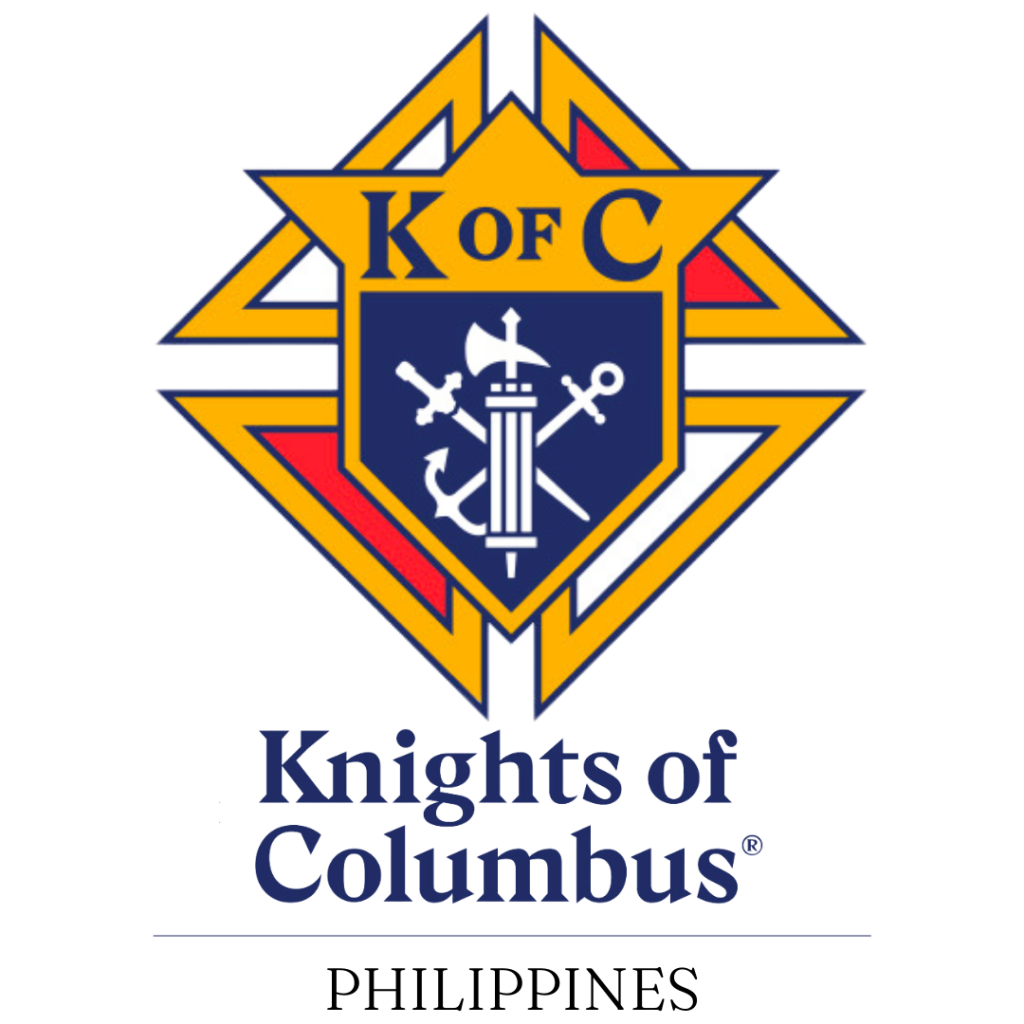
Lawyer: Leave Constitution alone, amend Local Gov’t Code if necessary
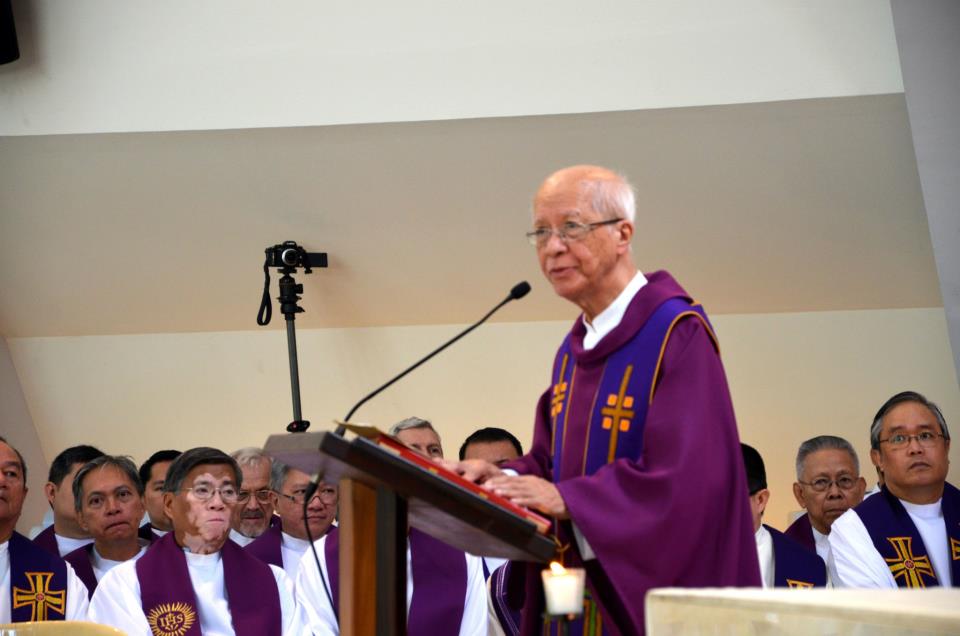

Fr. Bienvenido Nebres, SJ gives a homily in 2013. FR. LEONIDO DOLOR
By Roel Joe Abonal
March 11, 2018
MANILA
Calling the 1987 Constitution “progressive,” a lawyer said it would be best to leave the supreme law of the country alone.
In a forum on federalism and Charter Change at the San Jose Seminary, Atty. Florin Hilbay of the University of the Philippines College of Law said amendments can be made to answer certain problems like the lack of rural development. For example, he said, the solution to the issue on “Imperial Manila” is simple, “to amend the Local Government Code if necessary,” also known as Republic Act No. 7160.
Admittedly, he said, the one problem the 1987 Constitution has failed to address is the existence of political dynasties.
“So, what’s wrong with the 1987 Constitution? Not a lot,” said the former solicitor general.
Lauding the 1987 Constitution as “remarkably progressive,” he said the current document emphasized social justice, human rights, and the role of women and children.
He cited how the U.S. Constitution is “not open to revisions,” as lawmakers only propose amendments to address certain issues.
“U.S. found a way to revise their Constitution to address a particular problem,” he said.
For Hilbay, it is imperative that citizens know their Constitution.
“If the citizens are not familiar with that document, we are in danger,” he explained.
Meanwhile, Fr. Bienvenido Nebres, SJ presented a way of engaging local governments. He said that he works with cities, municipalities, and provinces because it is “much easier.”
For the longest-serving president of the Ateneo de Manila University, working to fight poverty together and allowing people to work towards solutions are important.
“Successful social change comes from two lines of social engagement. Help existing institutions to fulfill their functions and enabling different actors and groups to interact with each other in new ways,” said the priest.
He said he learned this as he worked to address hunger among school-age children and building homes for the homeless.
Nebres also noted that what drive Filipinos are family and faith.
“I have learned that promotion of justice does not connect with most Filipinos. What connects are family and faith. Family because we are a relational culture and it is relationships that drive us,” he said.
“Faith because it invites us to widen the circle of relationships and care for others as our faith invites us. Also for the majority, it is charismatic-style faith that moves them—music, community, etc. We are a relational culture,” added the priest.
The event was organized by Simbahang Lingkod ng Bayan (SLB), the socio-political apostolate of the Society of Jesus in the Philippines. Began in 1986 as Namfrel Marines, SLB is a “non-partisan, Church-based, Jesuit-led organization and a network of religious, priests, seminarians and lay individuals committed to the service of the Church and the Filipino people.”





